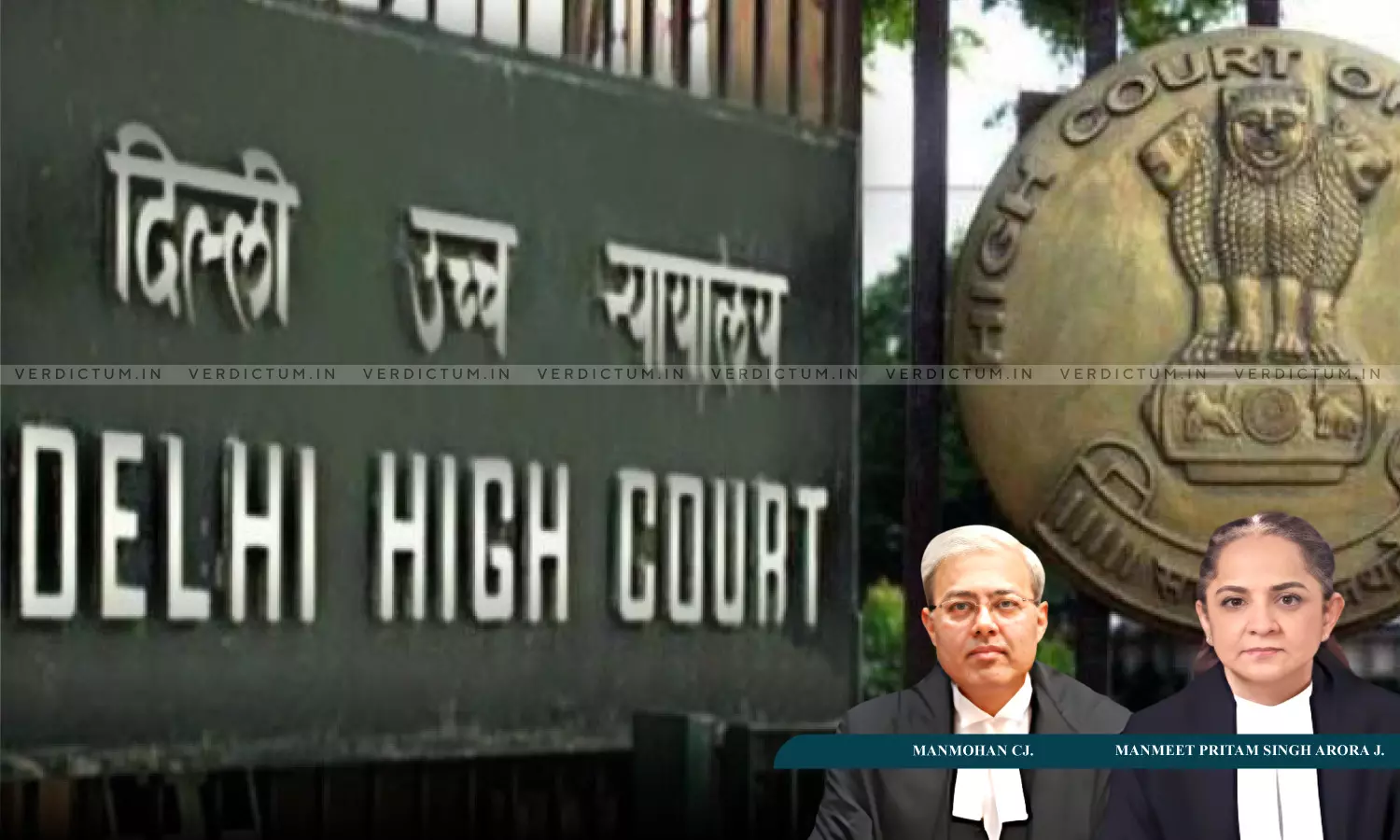
Sewage Treatment Plants Are Not Functioning As Per Required Norms & Releasing Raw Sewage In Yamuna River: Delhi HC
 |
|The Delhi High Court said that the Sewage Treatment Plants (STPs) are not functioning as per required norms and are releasing raw sewage in Yamuna River.
The Court took suo motu cognizance of the issue and said thus in a batch of Petitions filed by the citizens who were adversely affected by the flooding and water logging during the 2024 monsoon.
A Division Bench of Chief Justice Manmohan and Justice Manmeet Pritam Singh Arora observed, “… this Court is of the prima facie view that Sewage Treatment Plants (‘STPs’) are not functioning as per required norms and are releasing raw sewage in Yamuna river. It is also apparent that polluting industries continue to discharge unchecked waste into the drains, which finds it way to the river. The report in the presentation qua the action taken against unauthorized polluting industries in residential areas requires intensification.”
Senior Advocate Sanjeev Anand and Advocate Udayan Jain represented the Petitioners while Standing Counsel Parvinder Chauhan represented the Respondents.
The counsel for the Petitioners stated that the submission of the Special Secretary pertaining to the progress on desilting of sewers and storm water drains is inaccurate and at variance with the ground level realities. It was further stated that unprecedented flooding was experienced by the Petitioners in the areas such as Defence Colony, Malviya Nagar, Green Park Extension, Maharani Bagh, and Mundka Village.
They asserted that the shocking experiences of the Petitioners during the flooding makes it difficult to believe that number of water logging points detected by Delhi Traffic Police for the year 2024 is 78 as compared with the 308 water logging points detected in the year 2023. They contended that the ground reality is that the water logging was unparalleled and excessive at several locations in Delhi this year.
The High Court in view of the above submissions, noted, “Recently, this Court in another PIL petition in W.P.(C) 15472/2024 titled as ‘Purvanchal Nav Nirman Sanstan v. Govt NCT of Delhi dated 06th November, 2024 passed orders declining to issue directions to the Sub-Divisional Magistrate (East) Shastri Nagar, to permit public to perform Chhath Puja at Geeta Colony Ghat on the Yamuna River bed. In the said proceedings, GNCTD itself apprised this Court that River is highly polluted and it would be injurious to the health of devotees to perform puja.”
The Court also drew its attention towards a photograph, which appeared in India Today on November 7, 2024 showing a devotee offering Chhath Puja in River Yamuna. The chemical foaming seen in that picture belied the data furnished before the Court in the presentation qua the treatment of sewage as per norms before its discharge in River Yamuna.
“In this background, the presentation by the Spl. Secretary as regards the measures being taken for treatment of sewage before it discharges in the River Yamuna does not appear to be accurate. … In fact, confronted with these facts, the Spl. Secretary during the hearing states that the existing thirty seven (37) STPs are not prescribing to safety norms presently and require improvement”, it added.
The Court, therefore, suggested that tamper proof meters must be installed to record STP operational timing and electricity consumption and the data must be loaded real time on website of CPCB, DJB, and Chief Secretary’s office.
“Further, all STP must install sensors at the point of discharge i.e. the point where the STP drain releases the treated water into the Yamua river to record quality and quantity of treated water including details of (Biological O2 Demand) BOD, (Chemical O2 Demand) COD, (Total Suspended Solid) TSS, Fecal Coliform and Dissolved Phasphate. This must be transparently and prominently displayed on boards and a live feed of the same must go to servers of CPCB, DJB and Chief Secretary’s office”, it further ordered.
The Court also noted that the timelines prescribed in the judgment of April, 2024 have not been adhered to and have been unilaterally extended by GNCTD. Hence, it directed the Chief Secretary to examine this issue and fix responsibility on the officials responsible for the non-adherence of the timelines.
Accordingly, the High Court listed the case on November 22, 2024 and issued necessary directions.
Cause Title- Krishan Kumar & Ors. v. Delhi Jal Board & Ors.